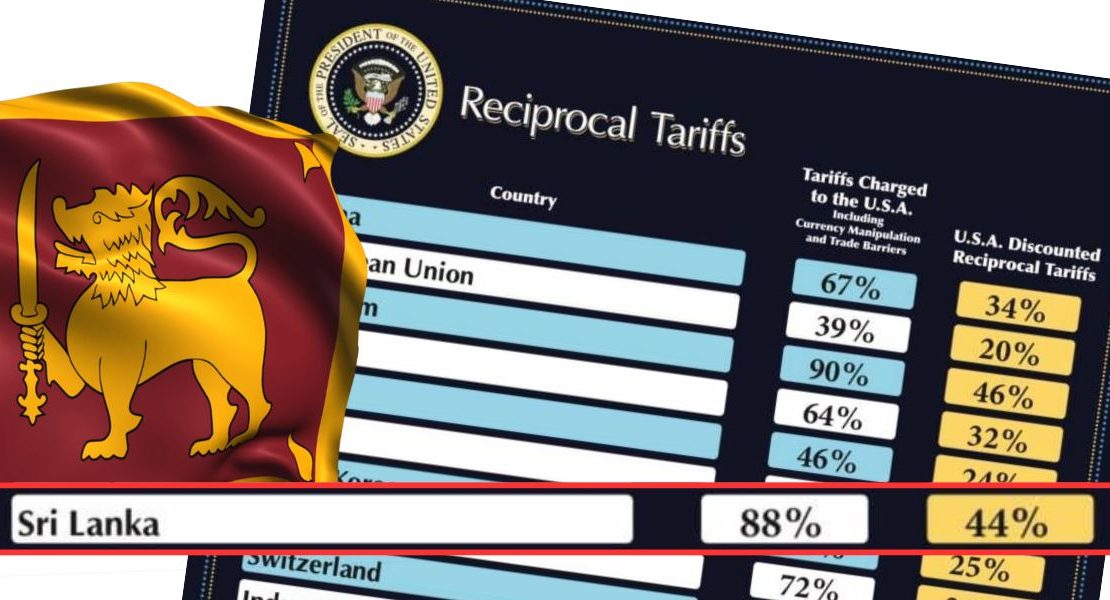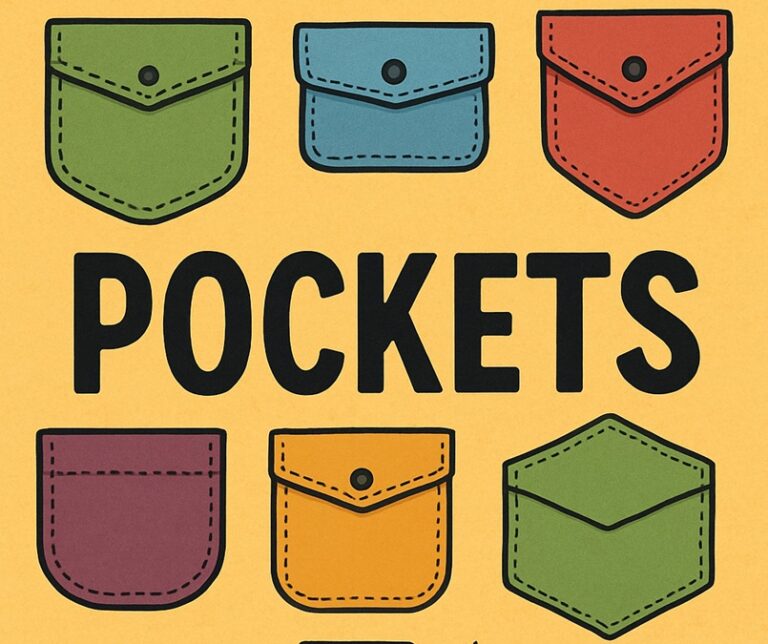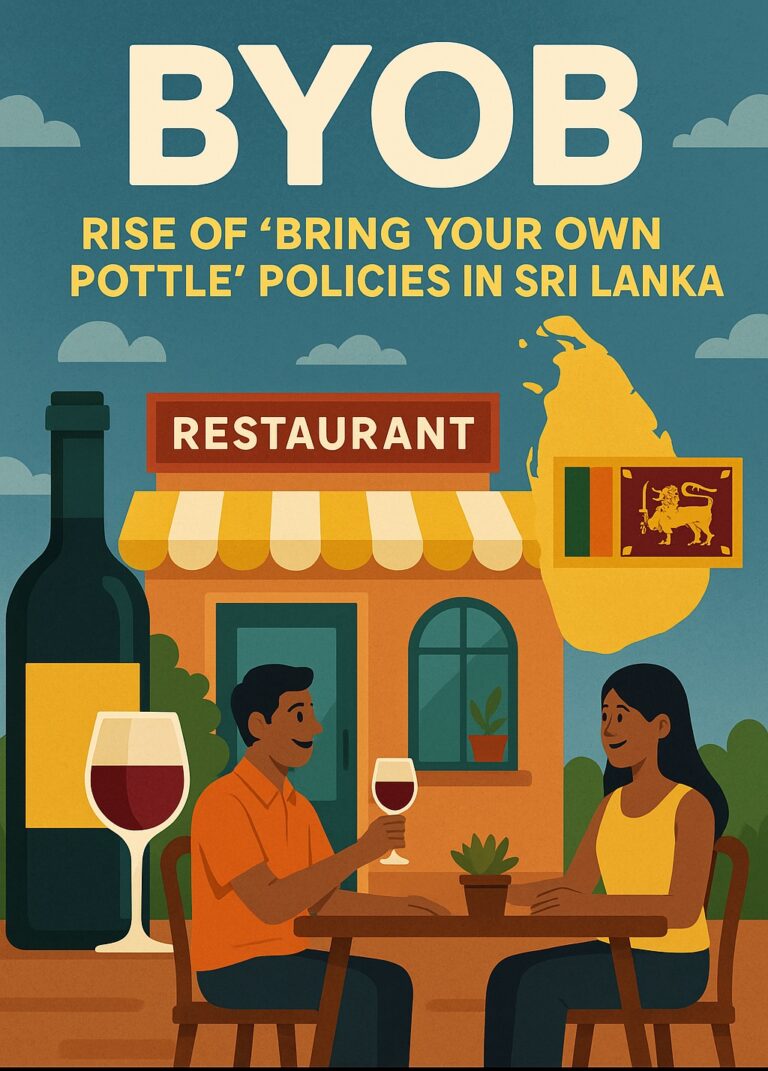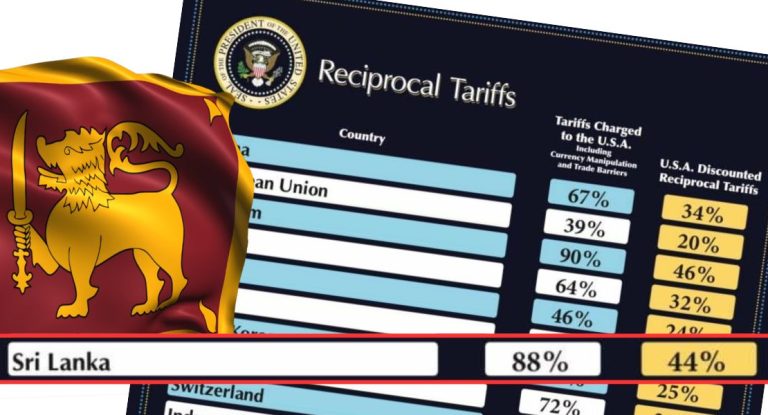Recently, the US government imposed a 30% tariff on Sri Lankan exports, effective August 1, 2025. While this is lower than the initially threatened 44%, it’s still significantly higher than tariffs faced by some of Sri Lanka’s competitors, like Vietnam (20%). This new US tariff puts significant pressure on Sri Lanka’s crucial apparel sector, which heavily relies on the US market and is a major source of foreign income and jobs.
In response, Sri Lankan apparel manufacturers are reportedly asking the government to increase taxes on imported clothes by 300% to 400%. They are already thrilled that the government is imposing taxes on goods imported through online platforms like Temu and AliExpress. They hope this move will encourage Sri Lankans to buy locally made clothes. The Ministry of Industries seems to support this idea. If this tax hike goes through, you could end up paying an extra 300 to 1,200 rupees per imported clothing item.
A Conflicting Stance
Critics point out the contradiction in Sri Lankan clothing manufacturers complaining about taxes on their products in other countries (like the US) while demanding much higher taxes on imports here at home. This kind of tax imposition could also affect ongoing discussions with the US to reduce their tariffs. These manufacturers are also asking for further discussions with the US to reduce the tariff.
Even the International Monetary Fund (IMF) suggests removing such import taxes. The IMF believes these taxes actually hurt Sri Lanka’s ability to export goods. As the saying goes, “a tax on imports is a tax on exports.”
Lessons from History
In 19th-century Britain, industrialists fought to remove taxes on imported food. They argued that expensive food meant workers needed higher wages, which in turn made British manufactured products more expensive and harder to export. When food was cheaper, people had more money to spend on other things, contributing to economic growth.
Benefits of Free Trade
When imported goods are cheaper, people have more money to spend on other things like travel, entertainment, or services. This creates new jobs and businesses in various sectors. That’s why countries embracing free trade are generally more prosperous, with lower taxes creating more jobs. In contrast, countries that rely on protectionism often fall behind.
#SriLankaEconomy #ApparelTrade #ImportTaxes #EconomicPolicy #MadeInSriLanka







